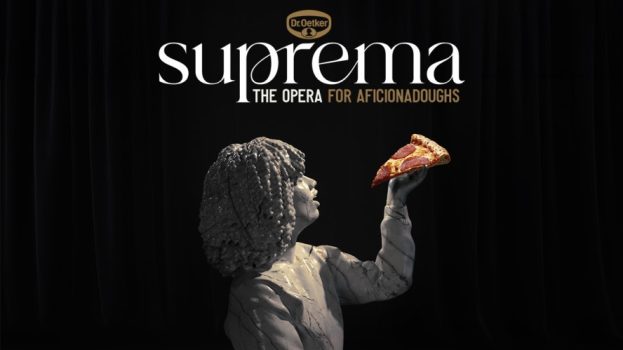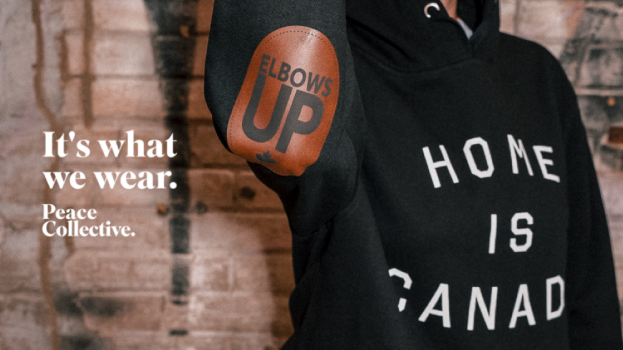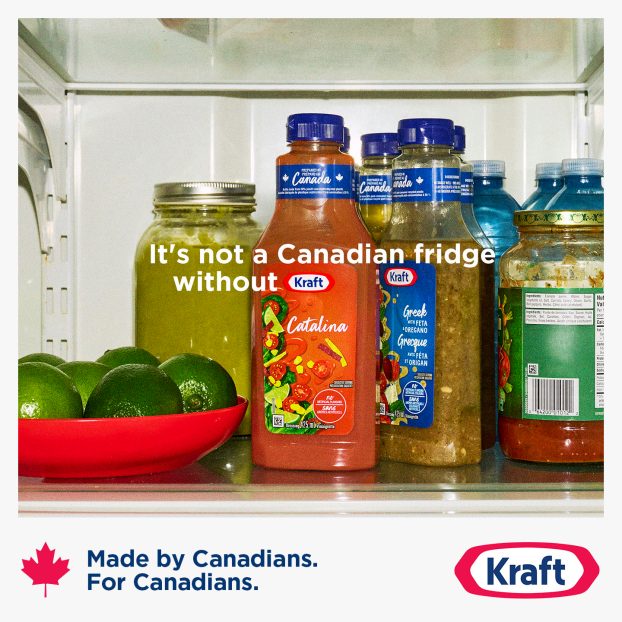
White Ribbon, which aims to end gender-based violence, is wading into one of today’s most contentious social issues.
“Short Life Stories,” its new campaign and film, addresses the rise of violence and hate against the transgender community, both in Canada and globally.
“This is backed up by statistical data in virtually all countries,” says Joseph Bonnici, chief creative officer for Tadiem, which worked on the film and campaign through its creative agency, Bensimon Byrne. “You can see it being used as a political wedge issue in certain provinces, and the rates of violence and transphobia are skyrocketing. White Ribbon stands for the elimination of gender-based violence, and the hate and violence of transphobia certainly intersects with what it does.”
Developed in partnership with Egale Canada, the film’s narrative is based on personal conversations between employees of the agency and transgender people in their lives, as well as research into the stories of victims of anti-trans violence.
“This issue is incredibly complex and nuanced,” says Bonnici. “The first thing we did was reach out to the transgender community and talk to people about their experiences and the meaningful things in their life. What you see is that a lot of joy is possible in their lives from being out in the world and embracing their identities. You see that joy, but you also see the pain.”
The film aims to capture that reality. Set to a cover of Camille Yarbrough’s “Take Yo’ Praise,” the film run two minutes and 30 seconds and follows a fictional transgender woman and her experiences in society, among her friends and at home.
“We all agreed early on that the possibility of joy has to be apparent” says Bonnici. “The heavy ending is an unfortunate consequence of a society that too often denies this community their basic human rights. But the focus on the joy that’s possible is really important to us so that we could create empathy by showing how it can be taken away in an instant. That’s something that people can relate to.”
While past films tackled the rise in domestic violence during the COVID-19 pandemic and the lack of introspection many men have, this film attempts to bridge the gap for an audience that might not share the perspective of a transgender person.
Like those past campaigns, this film will also live on beyond the initial push as “an educational tool” around which discussion and programs will be designed. White Ribbon uses the films in seminars for employers, the military, schools, and other organizations and institutions to educate people about different aspects of gender-based violence.
“The film isn’t just a film in a campaign,” says Bonnici.
The film launched on Nov. 13, the start of Transgender Awareness Week, in the lead up to the Transgender Day of Remembrance on Nov. 20. Along with a social media push across White Ribbon’s owned channels, the film is being shared by a host of allies, including government officials, entertainment personalities and activists. Across donated media, 30- and 15-second cutdowns of the film are being shared as well.























